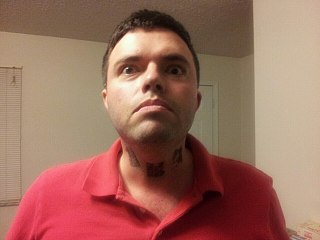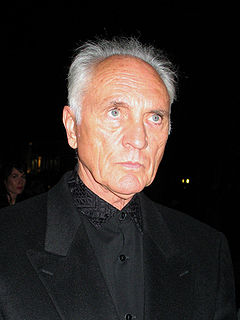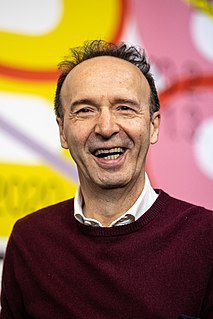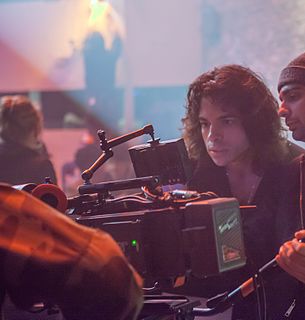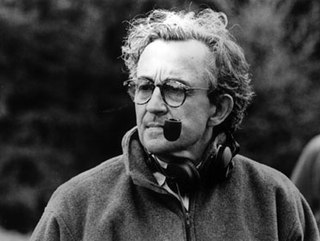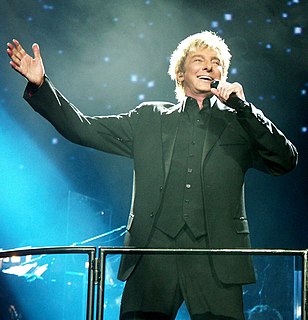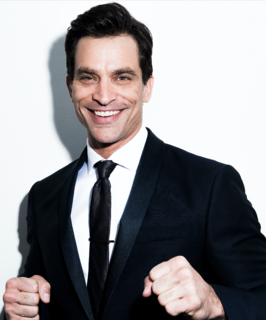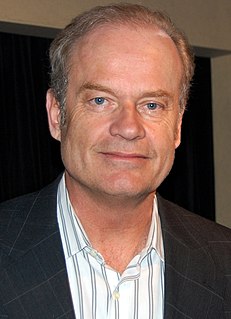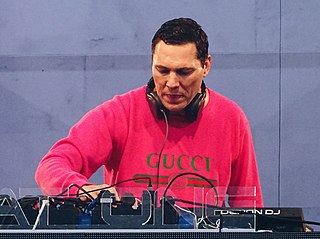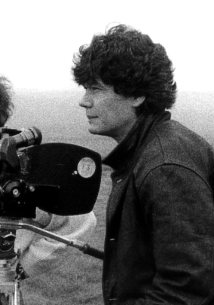A Quote by Anita Ekberg
It was I who made Fellini famous, not the other way around.
Related Quotes
Fellini was more in love with breasts than Russ Meyer, more wracked with guilt than Ingmar Bergman, more of a flamboyant showman than Busby Berkeley... Amarcord seems almost to flow from the camera, as anecdotes will flow from one who has told them often and knows they work. This was the last of his films made for no better reason than Fellini wanted to make it.
To evoke the classic period of Italian cinema in a little film seemed like a great, fun thing to do. I had relations to that period. I had known Fellini and I had known Antonioni. I had made a movie with Antonioni and I had visited Fellini in his studios. So, it seemed like something worthwhile doing. You bring yourself to that mythical cinema.
With a few exceptions, Fellini's films have failure and despair running through them: Life continues, but I can't imagine 'Felliniesque' as an exclusively uplifting adjective. Fellini's best films are the ones that distill this essence -- the paradoxical quality of melancholic ecstasy, a surreal, bittersweet vitality -- to perfection.

